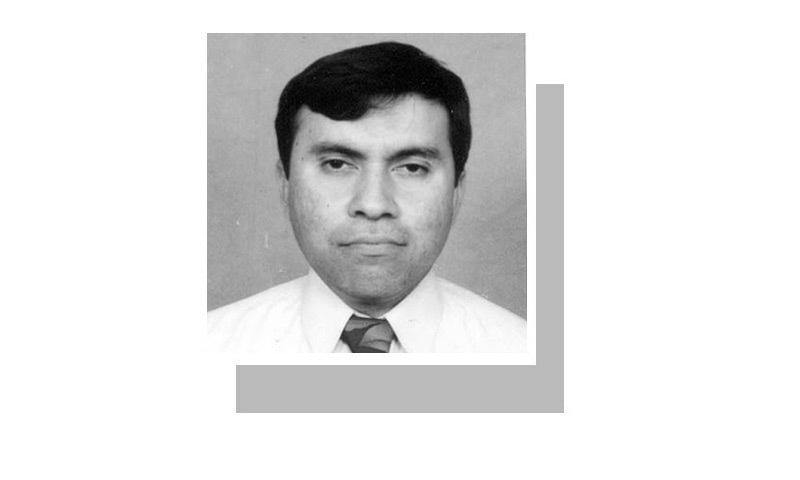
THIS was a busy year for our learned judges. The range of their legal engagements has included the usual disputes and cases related to the conduct of politicians, infrastructural planning and delivery of water and sanitation services. While many would consider these proceedings as normal in the administration of justice, some outcomes have seen important policy and operational changes.
The country finally carried out a census after 19 years due to a Supreme Court order. In a constitutional petition related to clean drinking water and a safe environment for the people of Sindh, the court imposed tough conditions upon the Sindh government, while sessions court officials in the province went around checking educational and healthcare institutions.
The verdict in the case of the Orange Line in Lahore allowed the Punjab government to carry on with the project, albeit with strict safeguards.
The Islamabad High Court and the Supreme Court also intervened in the matter of the Faizabad sit-in.
Prime institutions have lost credence in society.
Where people doubt the honesty of purpose of the executive, the courts have emerged as monitors and judicial observers in the public interest. The judiciary even assumes the role of policymaking in matters traditionally dealt with by the executive — matters that have a direct bearing on the welfare of the common people. The declining ability of the executive to deliver on basic matters of governance is one of the core reasons for such enhanced judicial roles.
Is this a desirable approach towards governing the country and managing complex matters related to administration? How can the equation be reversed in favour of the executive again?
Much of the rot in the service delivery apparatus is by design, not by default. Almost every provincial government has made the regulatory apparatus under its control toothless. A Supreme Court order has imposed restrictions on the construction of multi-storeyed buildings in Karachi, due to the limited availability of water. This has caused anxiety amongst the ranks of builders and contractors, who are still pursuing the matter in court. The provision of adequate urban services, regulation, monitoring and control of construction practices is an important area of public management.
The existence of legally valid and technically appropriate building solutions for various facilities is a prerequisite to healthy lifestyles. In reality, private interest with the active support of the various agencies and tiers of government facilitate illegal development. Acting on petitions and even exercising suo motu jurisdiction, the superior courts have taken action on several occasions, apparently with the intention of setting technically and legally correct precedents. Sadly, the reverse has continued to happen. It is neither the responsibility nor mandate of the courts to micromanage affairs related to urban service delivery.
The political will to correct the ills in the executive machinery is simply non-existent. In many cases, the interest of the political leadership coincides with the conduct of corrupt officers/functionaries. Many of these officials become very successful in service cadres. Meanwhile, the interference of the political class continues. The present IG of Sindh Police was working well to stem the rot in his department. Obviously, he ruffled the feathers of those in power, who had him sidelined. He was finally saved from abrupt transfers by the Sindh High Court, though his sphere of command and performance capacity has been greatly clipped by the political bosses.
The message received by his subordinates is quite clear. The staff tends to spend its energies on following the directives of political bosses. In return, it receives favours that even the judiciary cannot straighten out. The result is the breakdown of the service structure, little motivation amongst honest cadres and the overall collapse of institutional capacity. No wonder prime institutions such as the police have completely lost credence in society.
The backbone of the executive used to be the officer cadres. Extraordinarily strict and demanding procedures were adopted to fill these slots. The bureaucrats of yore managed very challenging assignments. There used to be a clear distinction between the political leadership and bureaucracy, and the judiciary used to work closely with the bureaucracy. The political process allowed coexistence. The objective was to facilitate the common folk. The effectiveness of the staff/officers lay in their unstinted attention to their respective tasks — not on pleasing the higher bosses.
Unfortunately, the deep (and probably irreversible) penetration of political interference has eroded the capacity and moral fibre of working bureaucracies. Much improvement can be achieved by ring-fencing the mandate, capacity building and empowering the cadres of the civil service. Some assistance from the judiciary could be useful in this respect.
The writer is a professor and acting dean, Faculty of Architecture and Management Sciences, NED University, Karachi.
Published in Dawn, December 21st, 2017











































